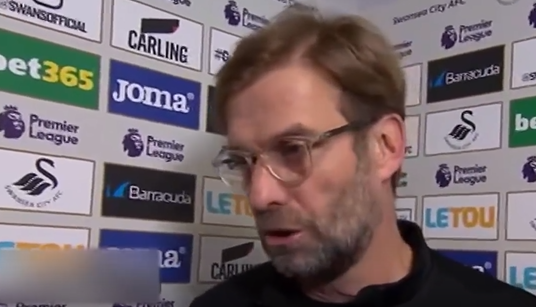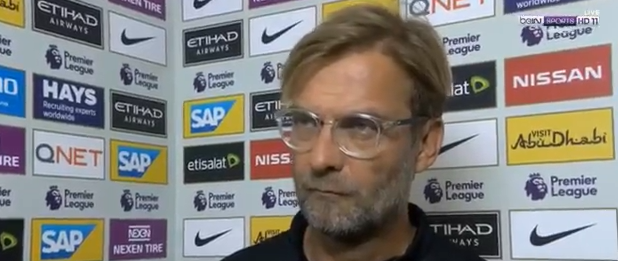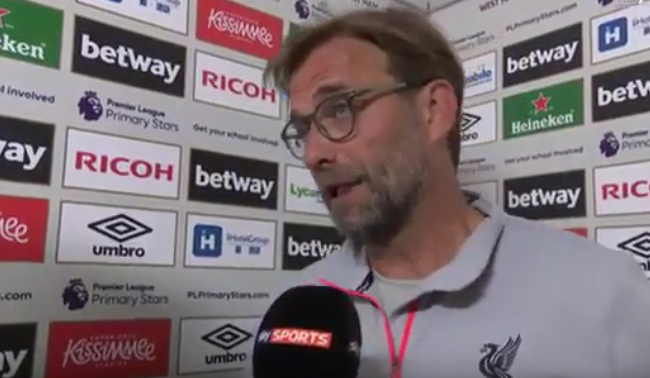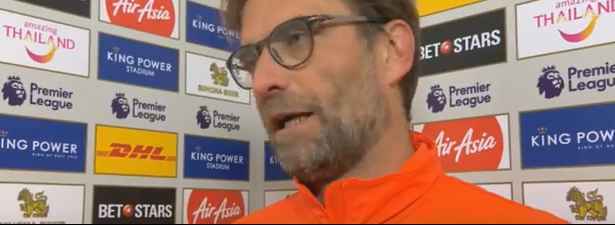Could Liverpool build on the win against Man City to establish themselves as the ‘best of the rest’ this season?
No. They lost to the team at the bottom of the league.
For Klopp, in the first half, “It was just not good enough.”
“Offensively, tactically, it was not what we wanted to do.”
His criticism gives an insight into these tactics.
“We did not stretch Swansea; no pressure on centre halves; we were running with the ball, not passing; on the wings, we have to hold the line to create a half-space inside.”
“We gave the opposition a chance to score a goal.”
“OK, that is how we are.”
It is damning stuff, which he moderates by praising the second-half, “we show what we actually want to do. Much better, more pressure.” and by reminding himself to “not forget what these boys have done over the last weeks. We need to remember both.”
Given an opportunity to criticise Swansea’s approach, Klopp states, “It is not their (Swansea’s) job to make the make the game. It is our fault.”
“We have to strike back immediately, so that is what we will do.”
Leadership communication lesson
How to balance criticism with encouragement is a challenge all leaders will face in their communications. Klopp is in a highly pressured, emotional environment and being interviewed a few minutes after game, yet he is still able to recognise the need to “remember both.” Ensuring criticism is focused on the situation and not on the individual can be an important tactic to help maintain relationships. It is the players implementation of the strategy, not their inherent ability, that Klopp takes aim for.






